There is a dark cloud hanging over the upcoming Rio Olympics.

Hosting a major sporting event was once seen as a great honour - an opportunity for the host nation to show off its strength on the world stage.
However, it is increasingly seen as a drain on local economies - just ask Brazilian nationals. And what comes next, the ‘legacy’, is often more of a financial abyss.
The last few Olympic hosts have been plagued by spiralling costs in the run-up to the events; all those promises of legacy have led in some instances to nothing but debt mountains afterward.
The only traces of once-great sporting events that have taken place in such countries as South Africa are the decaying stadiums that sucked vital billions out of the economy and have since been left idle.
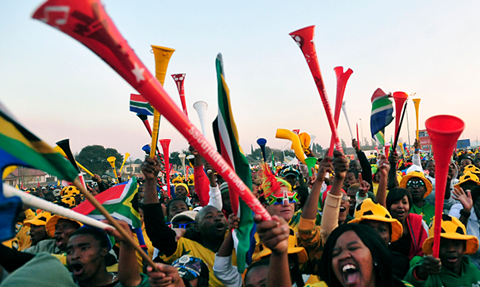
London, however, seems to have spectacularly bucked the trend to produce a legacy now being held up as an example for future host cities to follow.
Before London’s Olympic Games bid, Stratford was a wasteland. What’s been built in the wake of 2012 is a collection of vibrant communities that are set to further expand over the next 10 years.
When fully built out, the Olympic Park itself will comprise 10,000 new homes, an education and culture quarter, world-class space for businesses, and impressive sporting facilities, including the Olympic Stadium itself which, as of the next football season, will be home to West Ham United.
When the Olympic flame eventually leaves Rio at the end of August, the Games’ organisers could do worse than copy the legacy blueprint that the Olympic Delivery Authority has put in place in east London.
Mia Hunt is Property Week’s market reports editor
























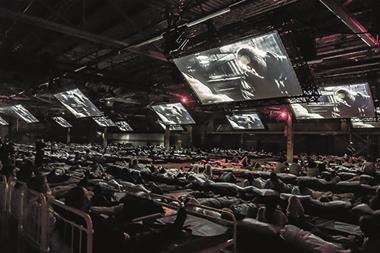
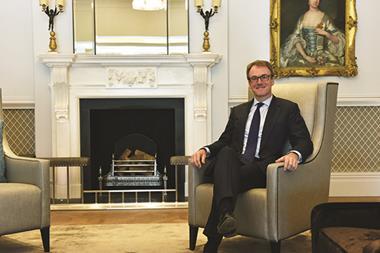
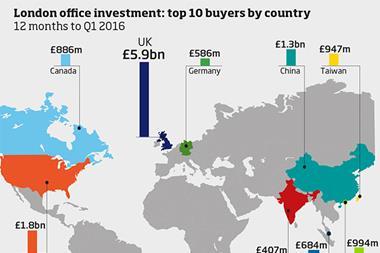
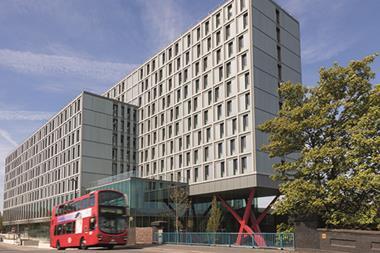

1 Readers' comment